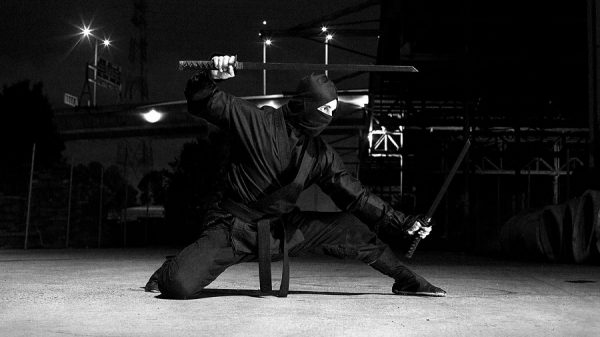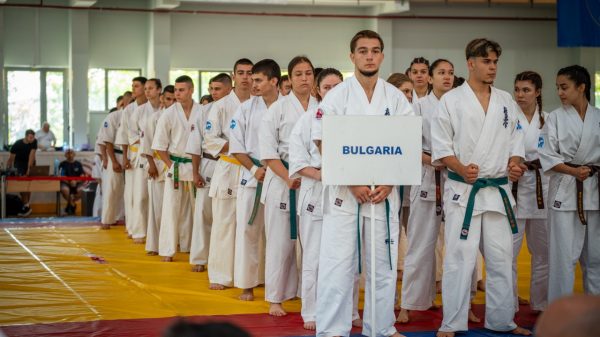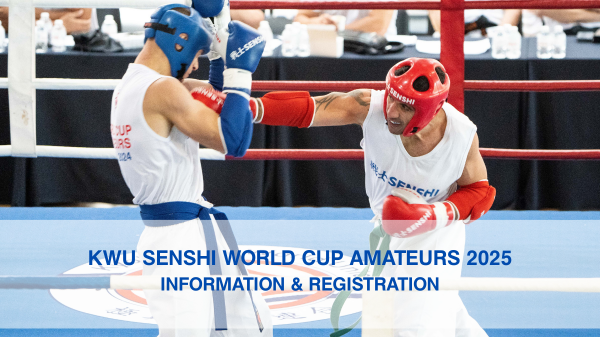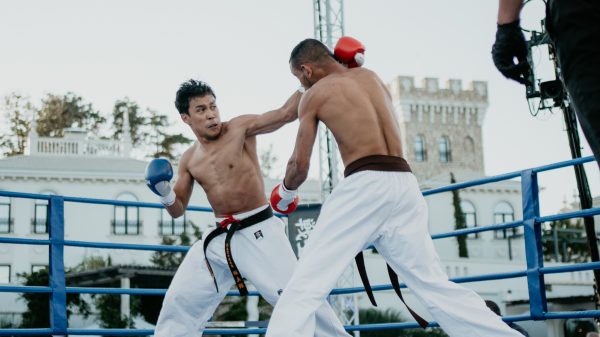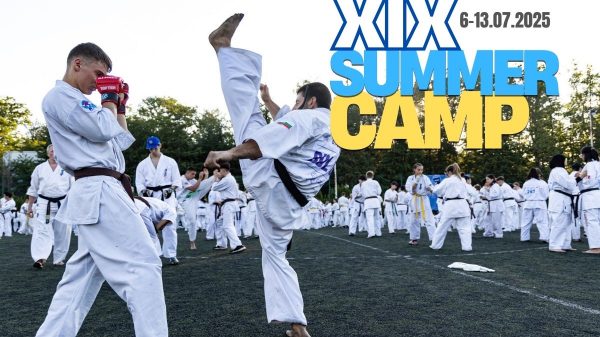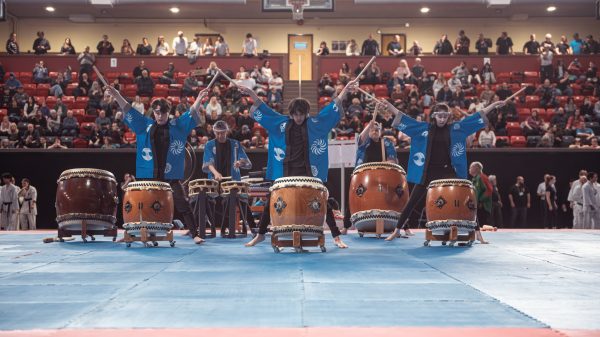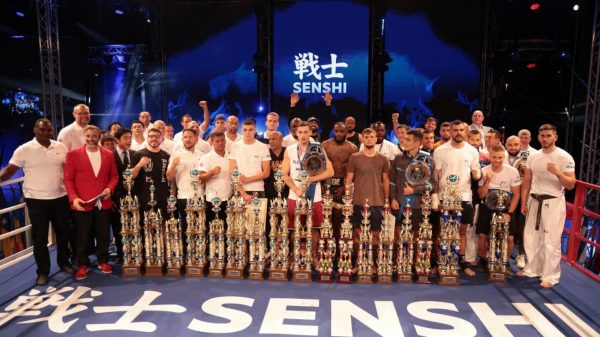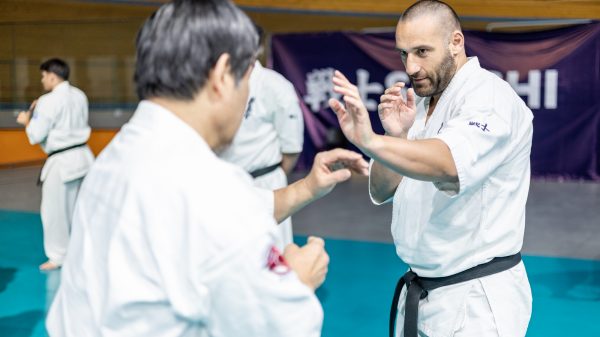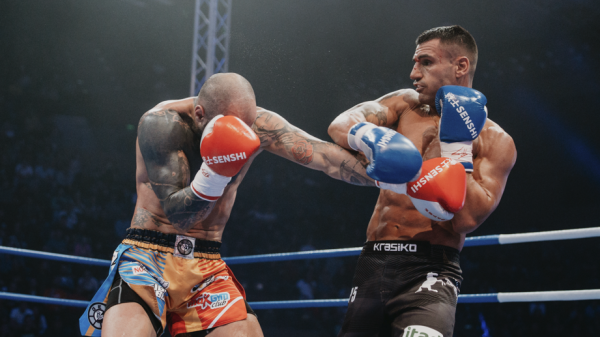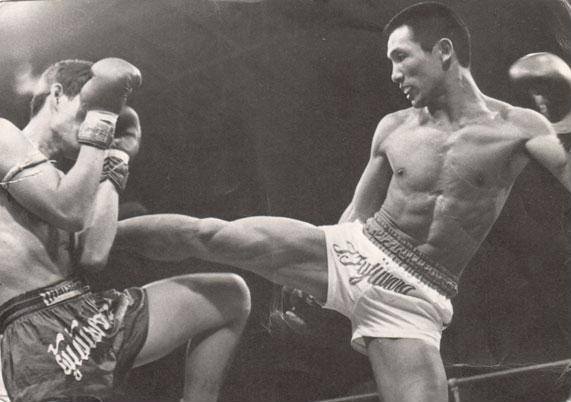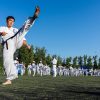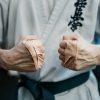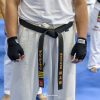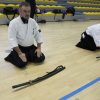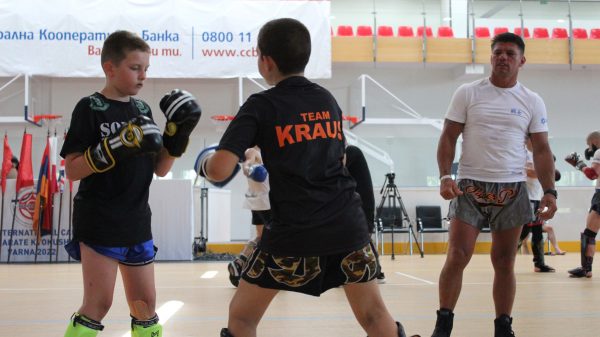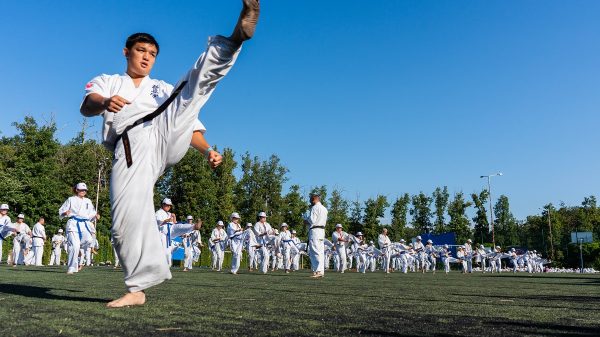While Toshio Fujiwara’s name might not be widely recognized today, his influence on the world of combat sports during a transformative period remains pivotal. As the first non-Thai to win a championship at Rajadamnern Stadium in Muay Thai and a key figure in the rise of kickboxing, Fujiwara’s journey is deeply tied to the sport’s global development.
The story of kickboxing’s emergence began with Osamu Noguchi, a visionary boxing promoter from Tokyo who saw immense potential in Muay Thai for Japanese fighters. Noguchi suggested sending karate practitioners to Thailand, believing their skills would translate more effectively to Muay Thai than those of traditional boxers. This idea led to a collaboration with Mas Oyama, founder of Kyokushin Karate, who took on the challenge of preparing his students to compete in Thailand.
In 1964, a milestone event occurred, although its date is often misreported due to delays. Three karate fighters, trained in a hybrid style of kickboxing and Kyokushin techniques, faced off against Muay Thai competitors. Despite suffering one loss, the event was largely successful. Most notably, Kenji Kurosaki, one of the fighters, was so inspired by his defeat that he began integrating Muay Thai techniques into Kyokushin karate. This fusion gave birth to the first kickboxing gym in the world, Tokyo’s Mejiro Gym, where Fujiwara would later rise to prominence as Kurosaki’s star pupil.
With a background in tennis and Taikiken, a martial art deeply influenced by both Japanese and Chinese traditions, Fujiwara was a latecomer to combat sports. Yet, under Kurosaki’s guidance, he developed a unique fighting style that emphasized precise boxing and low kicks, techniques that would go on to shape the Dutch kickboxing style, particularly through the work of Jan Plas, who trained under Fujiwara.
Fujiwara’s crowning moment came on March 18, 1978, in Tokyo, where he made history by becoming the first non-Thai to capture the Rajadamnern Stadium title. His tactical use of distance control and clinch techniques marked this victory, a turning point in the history of both Muay Thai and kickboxing. While Fujiwara’s later career, especially in Thailand, is less documented, his contributions to the sport’s evolution are indelible.
Beyond his championship, Fujiwara’s influence stretches across the globe, having left an enduring mark on kickboxing’s technical strategies, particularly through the integration of boxing with low kicks. His story is a reminder of how early pioneers in martial arts helped to shape the trajectory of combat sports, with impacts still felt in the modern fight scene.


